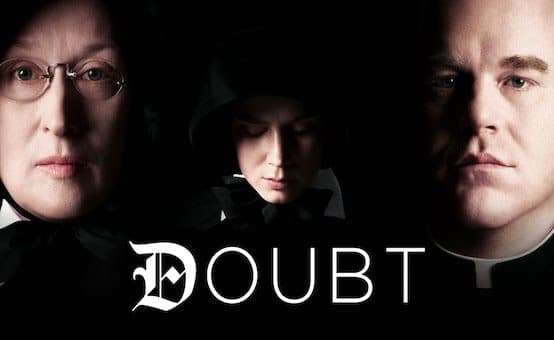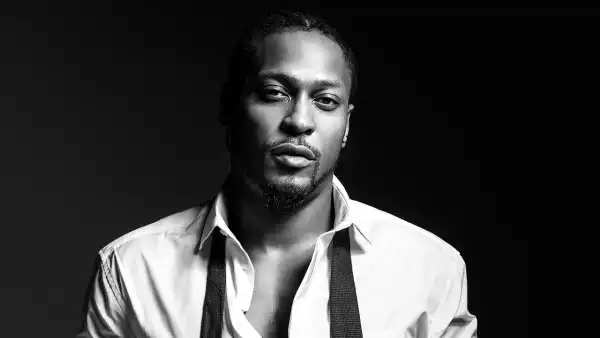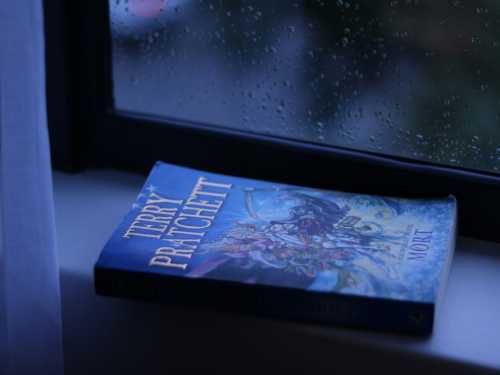
While Hollywood today is hardly known for subtlety and nuance, and Meryl Streep in no way keeps her politics to herself, once in a while a film comes along that surprises, even restores faith in an art form that has become a vehicle for cheap liberal tropes and corporate conformity.
One such movie is Doubt, a 10-year-old standout featuring Streep alongside a stand-out cast of Philip Seymour Hoffman, Amy Adams, and Viola Davis. (Warning: spoilers ahead.) Contrary to some reviews that praise the acting but complain about the slow plot development, Doubt is an utterly gripping film, underscoring in a relentless, steady fashion a nest of nagging moral questions. Taking place at St. Nicholas, a Bronx Catholic high school in 1964, this involves the troubled relationship between the principal, Sister Aloysius, a stern nun played by Meryl Streep, and a jovial parish priest named Father Brendan Flynn, played by Hoffman, who died at the age of 46 in 2014.

The two antagonists spar at several levels, beginning with their attitudes toward students and parishioners, but things really go south when Sister Aloysius suspects that Father Flynn is a pedophile. She first reveals her suspicions to a young nun Sister James, played by Amy Adams, then takes up the matter with Mrs. Miller, played by Viola Davis, who is the mother of the first black student at St. Nicholas. It is Mrs. Miller’s 12-year-old son Donald whom Sister Aloysius thinks has been the target of Father Flynn’s “inappropriate” advances.
When Donald is dismissed as an altar boy (it’s discovered that he’s dipped into the sacramental wine), the sister concludes that her superior Father Flynn plied him with the intoxicant in the course of trying to seduce him. Flynn also exhibits what Sister Aloysius regards as “improper” conduct in dealing with other pre-adolescent boys, but it’s his interest in Donald that troubles her most. In one scene after the boy’s books are mischievously shaken loose by his schoolmates as he’s walking in the hall, Father Flynn runs to embrace him. This might have been nothing more than a display of pastoral concern; nonetheless, it could also have been, at least in the sister’s mind, something far more sinister.
Without a doubt, Sister Aloysius, a war widow who eventually became a nun, is wired tightly and rules the students at the parish school with a firm grip. But her bark is worse than her bite, and as she explains to Sister James, every school with young boys needs someone like her to maintain order. Although she daringly confronts Father Flynn with her charges, there is no reason to assume she’s acting maliciously. She feels that all signs point in one direction. When she brings up certain “incidents” with Donald’s mother, she learns to her astonishment that Mrs. Miller is sure that her son is a homosexual. That’s why her husband and other boys abused him. Moreover, Mrs. Miller is not at all troubled that her son is being fondled by a priest, if that is indeed what is happening. Perhaps, she speculates, the priest can help Donald, who, like her husband, she thinks is a very strange boy. These remarks leave Sister Aloysius even more convinced that her clerical superior is a pedophile.
After a climactic flare-up, Father Flynn is sent to a larger, more affluent parish by the bishop, who it turns out is a close friend. We have no idea what the priest told his superior in order to receive this promotion. In the closing scene, Meryl Streep confesses sobbingly that she is experiencing “doubts.” For some reviewers this tearful confession settles the matter—Sister Aloysius has recklessly defamed a hail-fellow-well-met priest. The viewer may also remember that at the beginning of the film, Father Flynn had given a sermon about the value of doubt in our spiritual journeys. It would appear that his adversary had just come to appreciate that insight.
But this was not how I interpreted the film when I first viewed it. I just wasn’t sure which antagonist was right. And that was still my reaction as I watched the movie again a few weeks ago. Certain actions would suggest that Father Flynn engaged in “improper conduct” even if these actions weren’t quite enough to seal the case against him. The boy to whom he was drawn (perhaps beyond his stated wish to make the first black student at his school feel comfortable) may have been an easy target. We learn that Sister James saw the priest putting Donald’s shirt in his locker after having given him a gift. Flynn never parries effectively the charges leveled by Sister Aloysius, as opposed to trying to avoid dealing with them while exhibiting annoyance that one would even bring them up, and clearly. Simply put, Sister Aloysius suspicions are at least minimally grounded.
Congratulations are in order for the screenwriter, John Patrick Shanley, who adapted Doubt from his own play. He spared the viewer any PC posturing in a script that could have easily led to this annoyance. Shanley’s film neither goes after pedophile priests nor rants against sexually repressed, sadistic nuns. Although the black student is abused by his classmates, this is not presented as a manifestation of white racism. Everyone reacts to what they consider Donald’s odd, effeminate demeanor, but the filmmakers do not turn this into a brief against the suppressed rights of the LGBT community. Shanley resists the impulse to make a fashionable social statement, even though he deals with topics that might have pushed him in that direction.
Instead he does something that is very different. He underlines the moral ambiguity that is inherent in serious drama. He depicts his antagonists locked in a situation in which guilt and innocence are never unambiguously disclosed. And in accordance with Shanley’s intention, we are left with doubts even when the film ends.
This of course may not be what passes for “smart” drama today. As an example, HBO awarded Doubt no more than three out of four stars.
Paul Gottfried is Raffensperger Professor of Humanities Emeritus at Elizabethtown College, where he taught for 25 years. He is a Guggenheim recipient and a Yale PhD. He writes for many websites and scholarly journals and is the author of 13 books, most recently Fascism: Career of a Concept and Revisions and Dissents. His books have been translated into multiple languages and seem to enjoy special success in Eastern Europe.
Sourse: theamericanconservative.com






